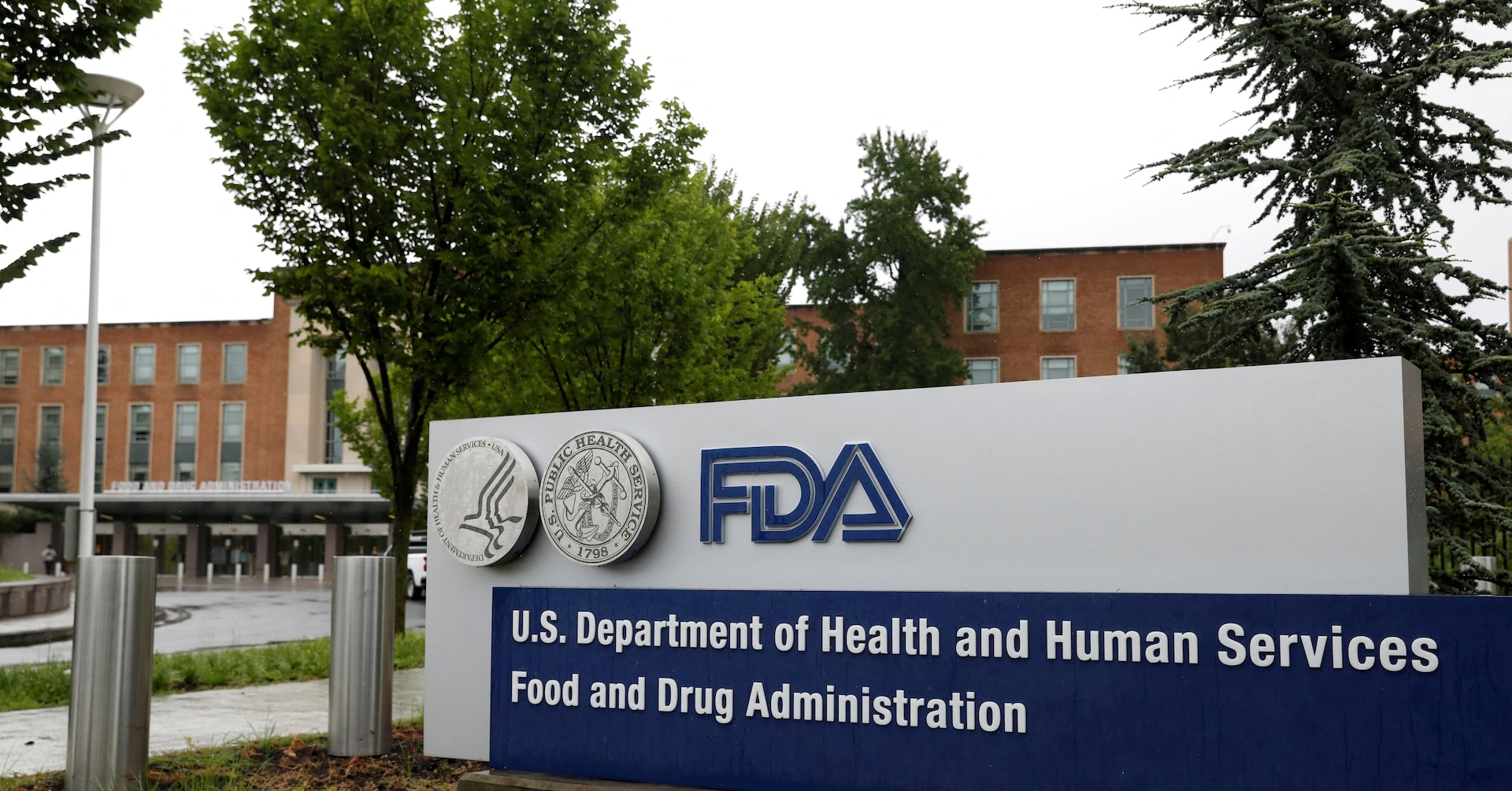Silencing Science: Trump Team Clamps Down on Health Agency Public Messaging

In a surprising move that has raised eyebrows across the scientific community, the Trump administration has reportedly imposed a comprehensive communication freeze on federal health agencies. According to the Washington Post, which cited multiple current and former officials, the directive effectively silences critical public health channels.
The sweeping communication ban encompasses a wide range of external communications, including essential health advisories, routine scientific reports, website updates, and social media posts. This unprecedented gag order threatens to disrupt the flow of vital health information to the American public.
Sources close to the matter suggest the directive could potentially impact transparency and public awareness of critical health issues. The sudden communication halt has sparked concerns about the potential implications for public health communication and scientific transparency during the Trump presidency.
The Washington Post's report, based on insights from a dozen insider sources, highlights the extraordinary nature of this administrative action, which appears to significantly restrict the normal channels of health information dissemination.
